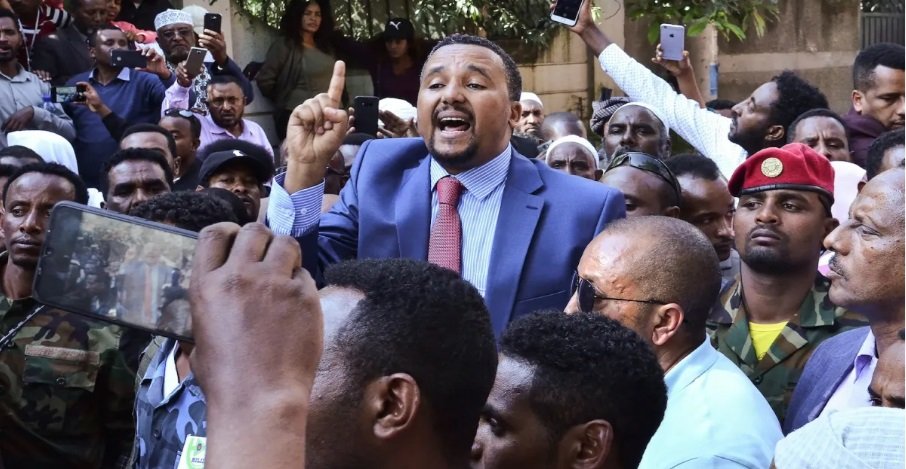Ethiopia stands at a critical crossroads as it grapples with the detrimental effects of ethnic politics that have plagued the nation for the past three decades. The implementation of ethnic federalism by the TPLF has led to the marginalization of certain ethnic groups, inciting tensions and conflicts across the country. The recent atrocities in Tigray exemplify the need for Ethiopia to move away from divisive ethnic politics and prioritize national unity and inclusivity.
Historically, Ethiopia has a rich heritage of multiculturalism and diversity that should be celebrated and upheld. The current trend of ethnic-based discrimination and violence goes against the ethos of unity that has defined the country for centuries. It is imperative for all ethnic groups to come together and forge a path towards a more equitable and harmonious society, akin to the Rwandan model of reconciliation and unity post-genocide.
The Tigrayan, Oromo, and Amhara communities, among others, must work collaboratively to address the root causes of ethnic tensions and strive for a future where all Ethiopians can coexist peacefully. This necessitates a shift away from ethnicity-based politics and towards a governance system that prioritizes meritocracy, inclusivity, and respect for all citizens.
Furthermore, the Ethiopian government must prioritize the dismantling of ethnic-based quotas and discriminatory practices that hinder national progress and perpetuate corruption. By promoting political equality and fostering a sense of national identity that transcends ethnic divisions, Ethiopia can pave the way for a brighter and more united future for all its people.
It is crucial for Ethiopian leaders to learn from the mistakes of the past and commit to a future where ethnicity does not define one’s opportunities or rights. By embracing a more inclusive and progressive governance model, Ethiopia can overcome its current challenges and emerge as a beacon of hope and unity for the African continent.
